IQAC
Internal Quality Assurance Cell (IQAC)
Introduction
Since quality enhancement is a continuous process, therefore IQAC is a part of the institution’s system and work towards realization of the goals of quality enhancement and sustenance. The prime task of the IQAC is to develop a system for conscious, consistent and catalytic improvement in the overall performance of institutions. The work of the IQAC is the first step towards internalization and institutionalization of quality enhancement initiatives. Its success depends upon the sense of belongingness and participation it can inculcate in all the constituents of the institution.
Vision
To ensure a collaborative environment that empowers all stakeholders to the pinnacle of academic and administrative excellence.
Mission
1. Promote and facilitate innovative teaching learning methodologies and research initiatives for a holistic education experience.
2. Enhancing academic and soft skills, human values and ethics among students to make then aware and contribute in societal deo and industry needs.
3. Facilitate the skill development of administrative staff for better and smooth functioning of college.
4. Monitoring and evaluation academic and administrative activities ensuring accountability and author of excellence in all functionless of the institution.
Objective
The primary aim of IQAC is
To develop a system for conscious, consistent and catalytic action to improve the academic and administrative performance of the institution. To promote measures for institutional functioning towards enhancement through internalization of quality culture and institutionalization of best practices.
Strategies
IQAC shall evolve mechanisms and procedures for
Ensuring timely, efficient and progressive performance of academic, administrative and financial tasks.
- The relevance and quality of academic and research programmes.
- Equitable access to and affordability of academic programmes for various sections of society;
- Optimization and integration of modern methods of teaching and learning;
- The credibility of evaluation procedures;
- Ensuring the adequacy, maintenance and proper allocation of support structure and services;
- Sharing of research findings and networking with other institutions in India and abroad.
Benefits
IQAC will facilitate/contribute
- Ensure heightened level of clarity and focus in institutional functioning towards quality enhancement;
- Ensure internalization of the quality culture;
- Ensure enhancement and coordination among various activities of the institution and institutionalize all good practices;
- Provide a sound basis for decision-making to improve institutional functioning;
- Act as dynamic system for quality change in HIIs.
- Build an organized methodology of documentation and internal communication.
Members
Prof. Vivek Tyagi
Prof. Chinmayee Chaturvedi
Dr. Rajive Kumar
Dr. Viresh Sharma
Dr. Neeraj Sharma
IQAC Report & Minutes
Feedback with ATR
IQAC - 2017-18
STUDENTS SATISFACTION SURVEY (PG) - 2017
- Students Satisfaction Survey was conducted by IQAC in co-ordination with all PG Departments of the college.
- Methodology:
Total 243 students (35% of total male students in PG classes) and 199 Female (31% of female students participated in the satisfaction survey.
(a) At least Five boys and Five Girls from each class was asked to fill the Student Satisfaction Survey Scheduled Form of any class the total number of students were less than 10, all were included in the survey.
(b) Selection of students were done randomly by using random number table - Strict confidentiality was assured to students and they were given a choice to mention or not to mention their identity in the survey.
- Results of the survey are shown in the following graphs. Raw DATA are available in the
Data1(PG), Data2(PG), Data1(UG) , Data2(UG)



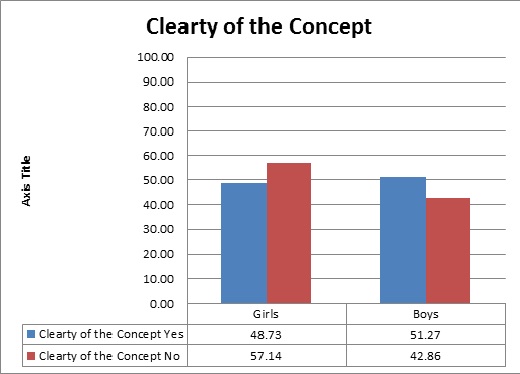
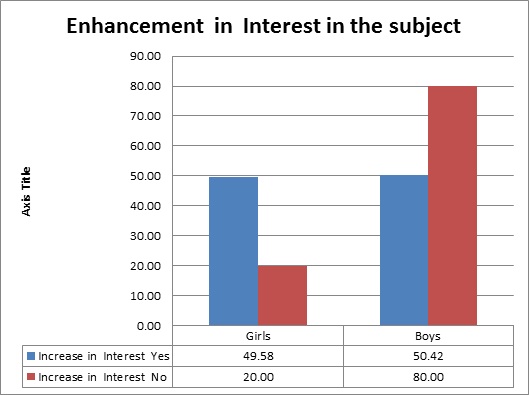
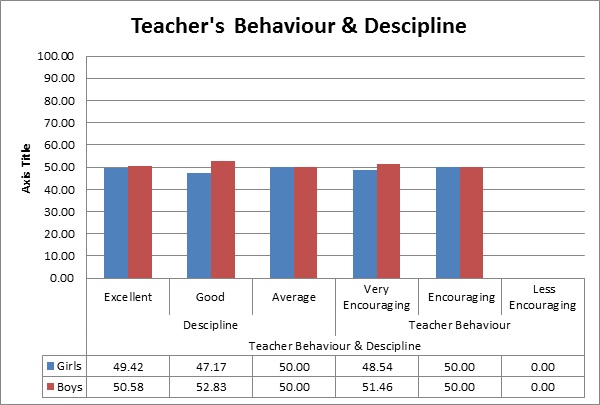
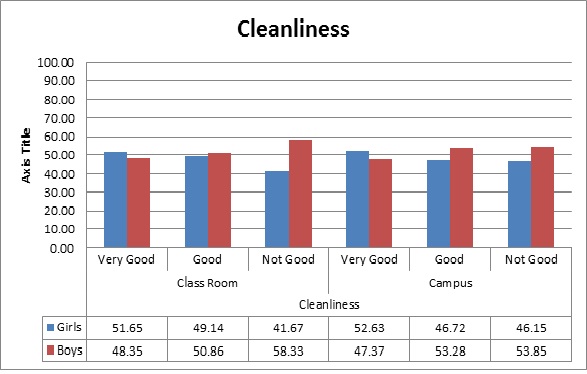
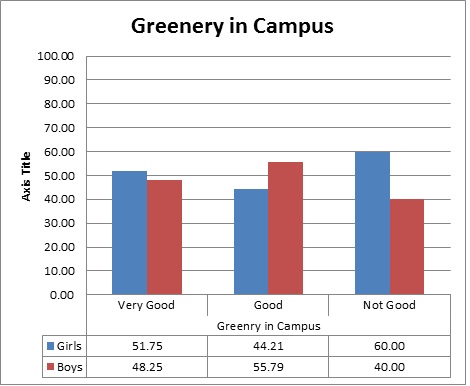
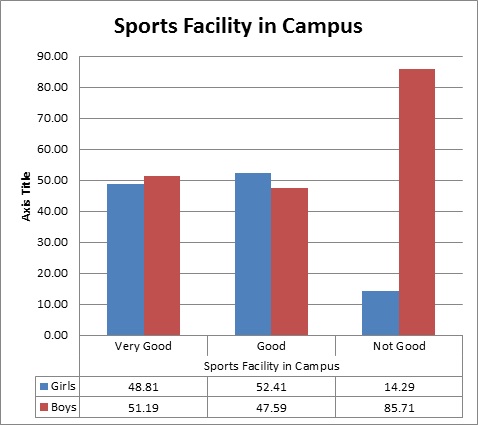
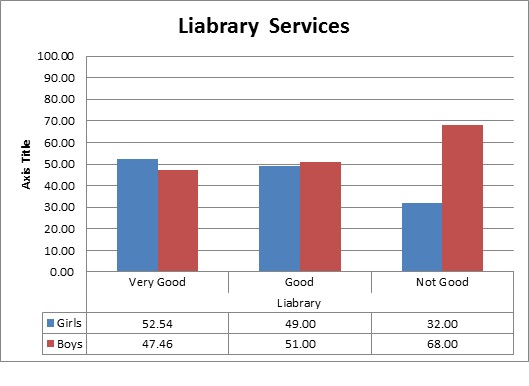
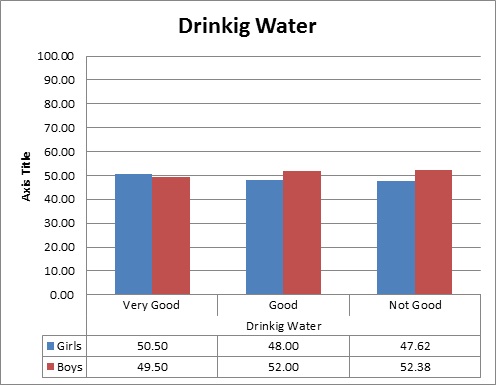
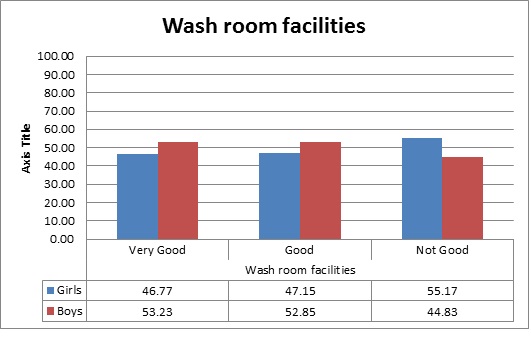
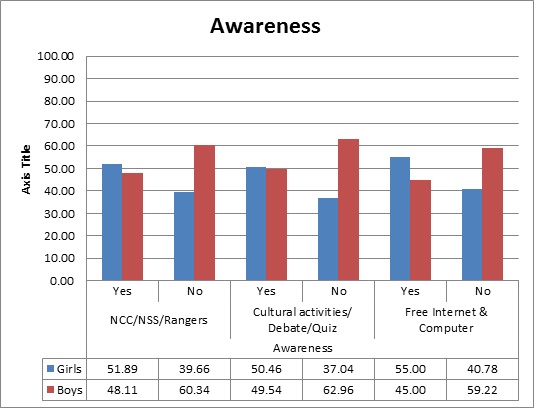
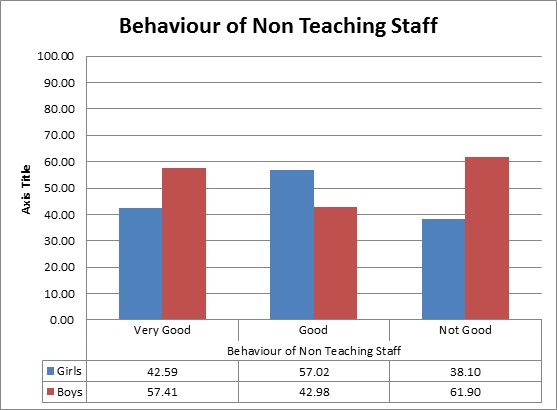
Best Practices
This page is being updated ...
NAAC SSR II CYCLE

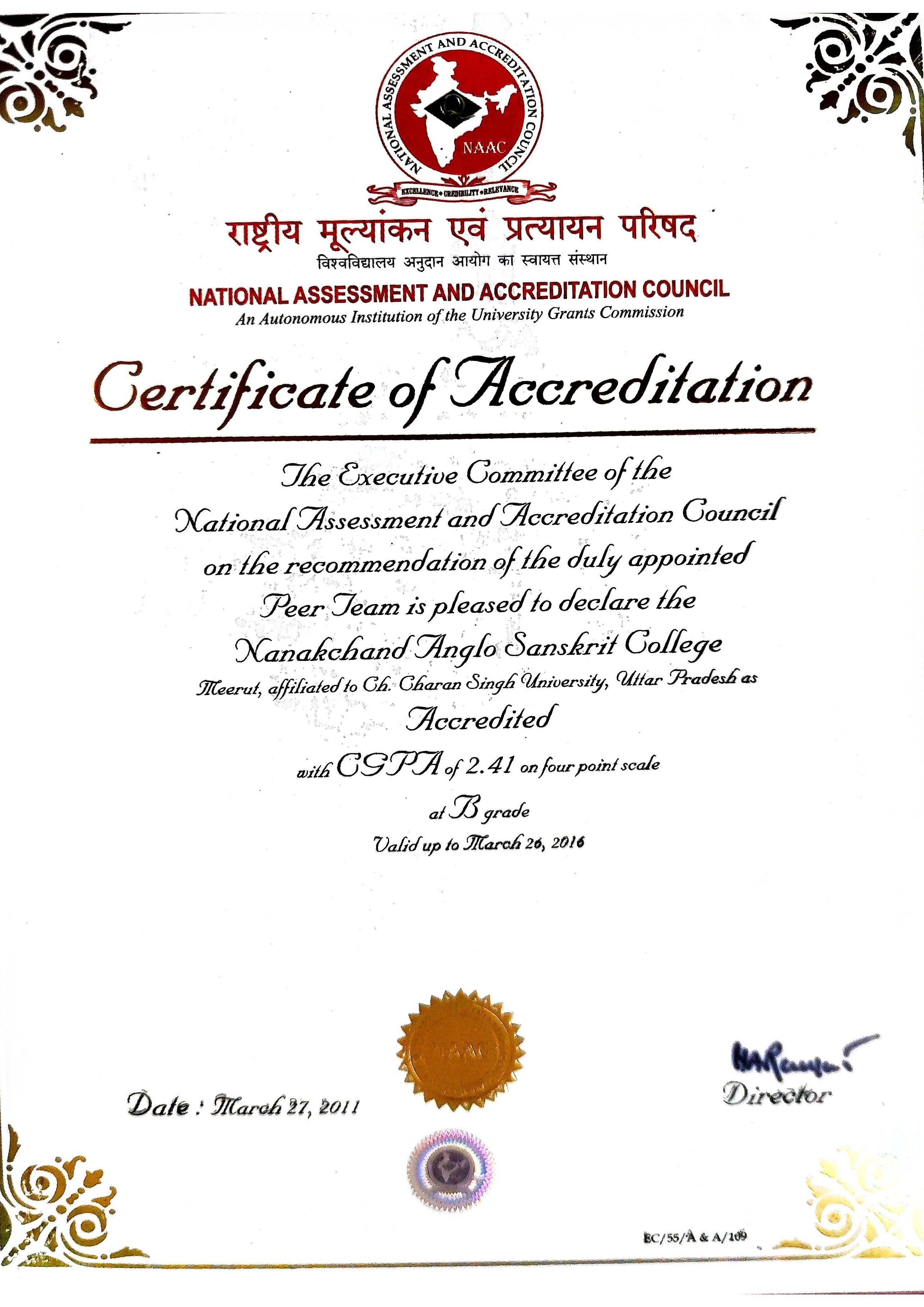
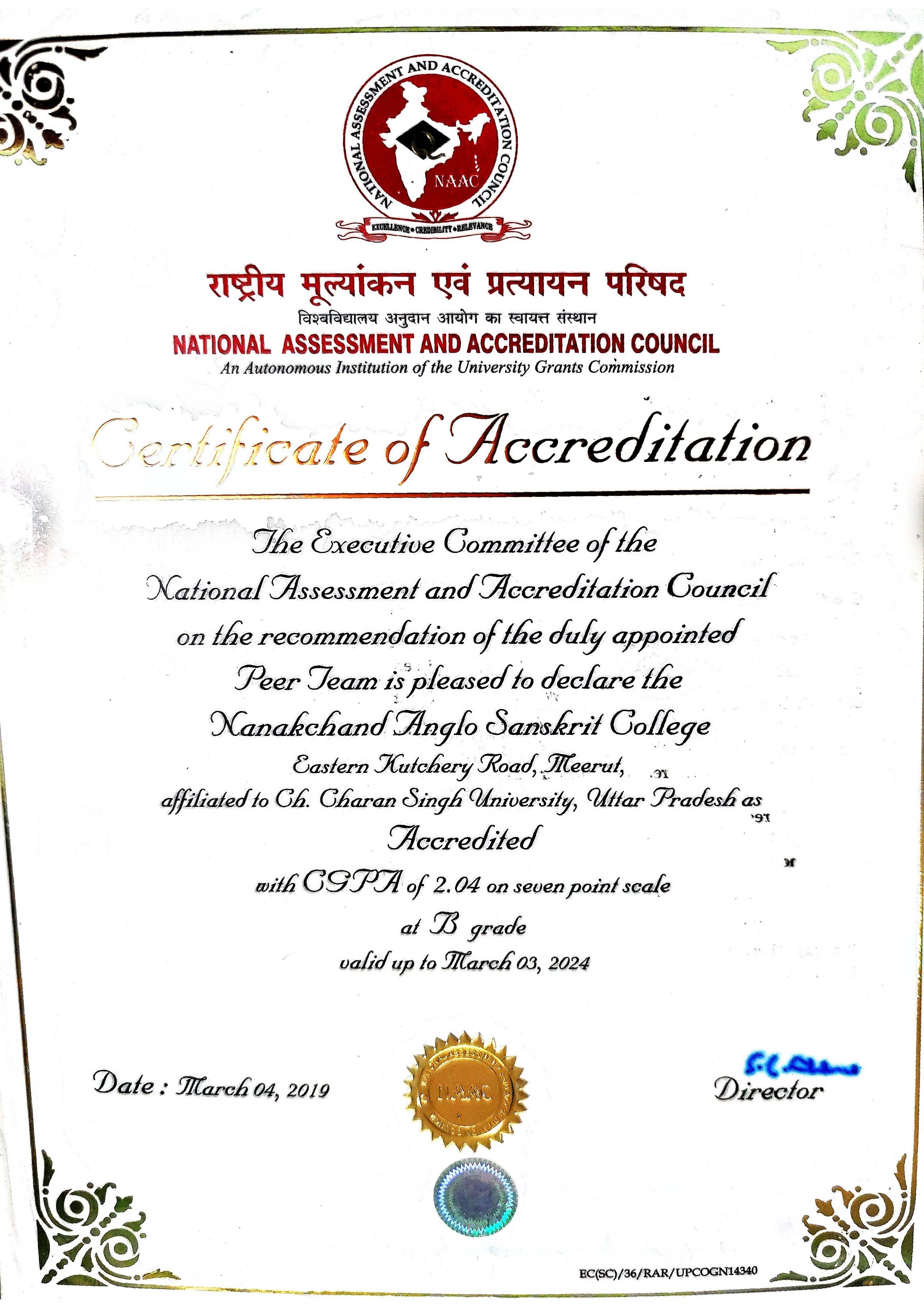
Grievance Redressal Cell
GRIEVANCE REDRESSAL CELL is constituted to look into the complaints of students and act upon them promptly. Grievance Redressal Cell attempts to maintain harmonious and unprejudiced atmosphere in the college. Educational institutions are instrumental in blossoming the talent of students and in inculcating a sense of responsibility, dedication and discipline in them. To ensure the same it is good to air the grievances of students and provide them conducive learning atmosphere. The Grievance Redressal Cell is crafted in the college to provide online platform to students where they are encouraged to express constructive suggestions and grievances.
Composition of Grievance Redressal Cell
The following staff members are incharge of the cell -
- Dr. Smita Sharma - Convener
- Dr. Gaurav Kumar - Member
- Dr. R. K. Sharma - Member
- Dr. Sant Lal Rawat - Member
Objectives of Grievance Redressal Cell
- 1. To hear and settle grievances of those students who have been deprived of the services offered by the college for which he/she is entitled.
- 2. To make the institution student-friendly.
- 3. To ensure effective solution to the students' grievances and provide hasslefree and fair redressal of their problems.
- 4. To enlighten students about their duties and responsiblilities.
Procedure
Grievance Redressal Cell looks into the complaint lodged by the students and analysis the nature and pattern of complaint in a confidential manner. Grievances are forwarded to concerned functionaries/ authorities for immediate redressal. Prompt action are taken and matters are sorted out. The aggrieved student/students are informed about the measures taken.
Grievance Redressal Cell shall not entertain any complaint which is pending or filed before any judicial forum/court/tribunal.


